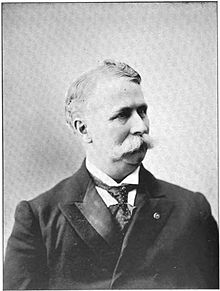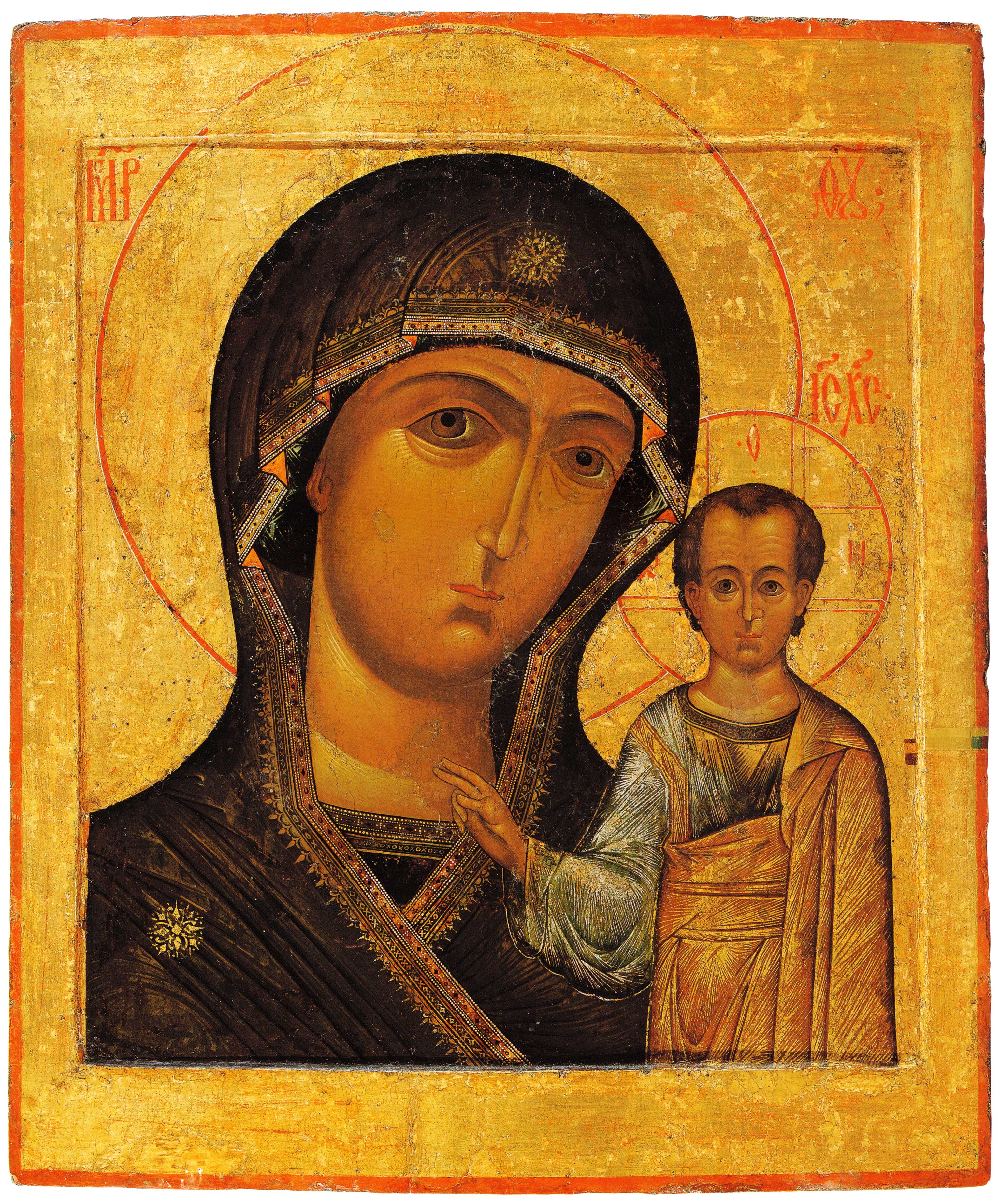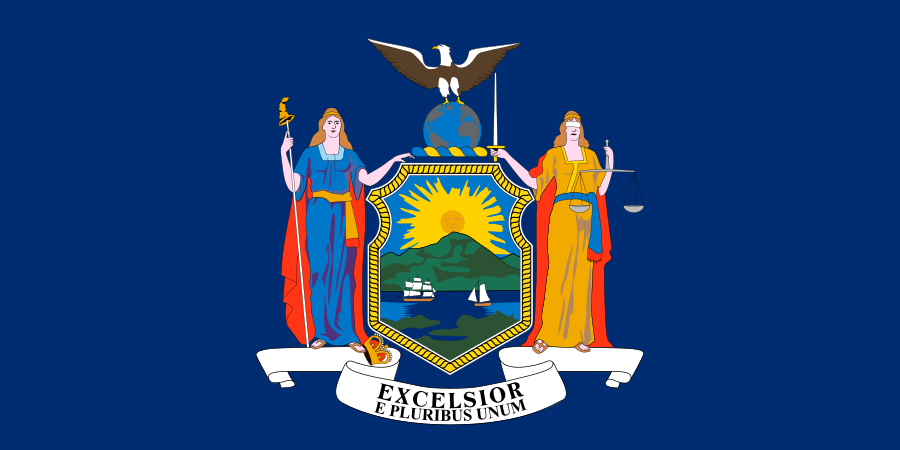HumanityDark
Ride the Tiger
- Location
- Torrance, California
Cities in the Sea of Time:
Redux

---
The year is 1899. The previous century has been a long and turbulent one, filled with political, social, and cultural upheavals. Across the globe nations race towards modernity, each trying to outdo the last. The premier state of the age, of course, being the United Kingdom, Pax Britannica still reigns supreme. This is not to say that they are not tested, though, for the balance of power in Europe has been greatly altered. The ascendancy of the German Empire and the Kaiser are of great concern to many. But alas this is a tale for another time. For when the clock struck midnight on the night of February 20th, the whole world would once more be changed, and this time not for the better. Starting from the poles of the planet strange energies would billow forth, key locations across the globe would play witness to an untold amount of peculiar events. The most common of these being the sightings of great domes of multicolored lights enveloping entire cities, and in their wakes leaving strange and exotic new lands. While scientists and theologians continue to argue about what had exactly happened, the fact of the matter is that these cities have been transported to a wholly different place.Redux

---
---
So after reading a bit too much of some silly S.M. Stirling fiction (Conquistador/the ubiquitous ISOT) and the 1632 series I have been inspired to attempt this undertaking.Players are tasked with guiding the fate of a single city in these perilous times. A fifteen-mile radius, starting from the city's center, will be transported to a new Earth.
General Rules:
- Don't be a dick
- Please wait 24 hours after the posting of a major war result to appeal. Espionage and minor warplans can be appealed immediately.
- We will be using the 3 claims system. (listed in order of preference)
- Feel free to use OTL and fictional people as you please, just make sure it makes sense. I don't really mind either way and I'll be using both.
City Name In Native Language
Year
Flag if applicable
Year
Flag if applicable
--------------------------------------
Name/Capital:
Majority language(s):
Majority religion(s):
Government type:
Head of State:
Population: ~
--------------------------------------
Major Actions:
Domestic Events:
Economic/Supply Information:
Military:
Manpower Pool:
-
Current Alliances/Treaties/Trade Agreements:
-
Warplan Format:
YOUR NATION: the name of your nation
ALLIES: any allies
COMBINED FORCES: the total number of men you are sending and however many men your allies are contributing
OPPOSING NATION(S): who you are fighting
THEATRE(S): where you are fighting
MILITARY DOCTRINE: the style of war your military is orientated towards, about a paragraph
MILITARY GOALS: what you are fighting for
STRATEGY: how you will fight on a strategic level – don't bother listing battlefield tactics, this should just be about where your men go and what they try to capture
YOUR NATION: the name of your nation
ALLIES: any allies
COMBINED FORCES: the total number of men you are sending and however many men your allies are contributing
OPPOSING NATION(S): who you are fighting
THEATRE(S): where you are fighting
MILITARY DOCTRINE: the style of war your military is orientated towards, about a paragraph
MILITARY GOALS: what you are fighting for
STRATEGY: how you will fight on a strategic level – don't bother listing battlefield tactics, this should just be about where your men go and what they try to capture
Espionage Format:
YOUR NATION: the name of your nation
TARGET: who your espionage is aimed at
MISSION: what you want to do
METHOD: how you plan to do it
MOTIVE: why you want to do this
OTHER: anything else relevant to the mission, ex: a trading company in the same city that could supply your spies with weapons
YOUR NATION: the name of your nation
TARGET: who your espionage is aimed at
MISSION: what you want to do
METHOD: how you plan to do it
MOTIVE: why you want to do this
OTHER: anything else relevant to the mission, ex: a trading company in the same city that could supply your spies with weapons
Colonization Format:
YOUR NATION: the name of your nation
TARGET: where you are colonizing
JUSTIFICATION: why you are colonizing the area
PLAN: how you will take control of the area.
YOUR NATION: the name of your nation
TARGET: where you are colonizing
JUSTIFICATION: why you are colonizing the area
PLAN: how you will take control of the area.
List of Players:
@Alex Costa - City of Faro
@Heavy W. Guy - City of Kazan
@kızıl sultan - City of Albany
@Demonic Spoon - City of Hong Kong
@tbguy1992 - City of Winnipeg
@CommandoHowizter - City of Jinan
@Azecreth - City of San Miguel de Tucumán
@Dessard - City of Kiel
@Brightflame - City of Columbus
@JbeJ275 - City of Urga
@Texan - City of Mandalay
@bigseb31213 - City of Salonica
@Secretariat - City of Johannesburg
@Sailor Midgard - City of Bristol
@Alexo - City of Trieste
@ZealousThoughts - City of Prague
@CommanderBlade - City of St. Augustine
@Watercress - Fort of Gibraltar
@Duzzit - City of Portsmouth
@KingOfPenguins - City of Vladivostok
@Kuromei - City of Los Angeles
@Murtox - City of Callao
@Comrade Jeff - City of Sari
Last edited:













